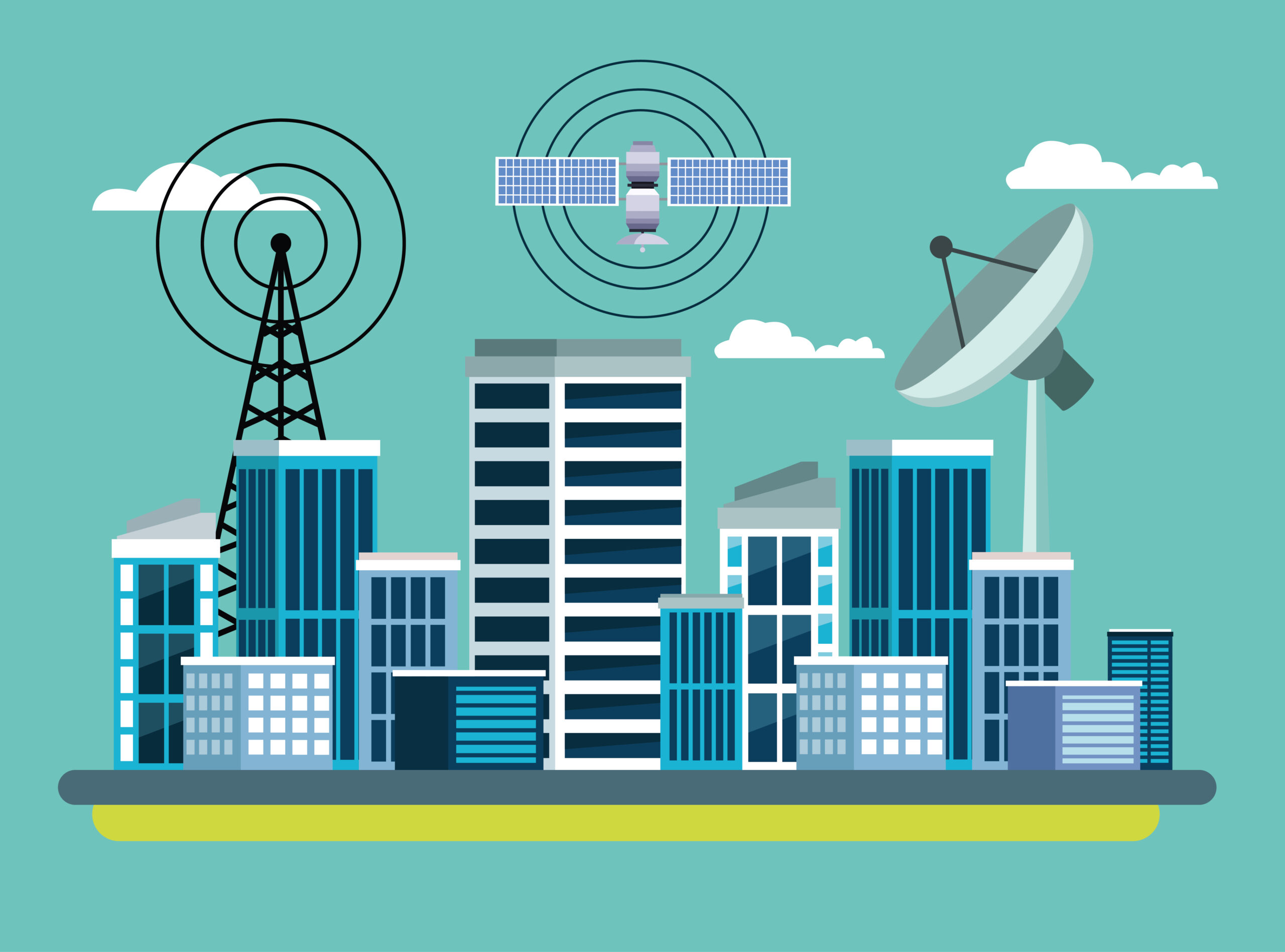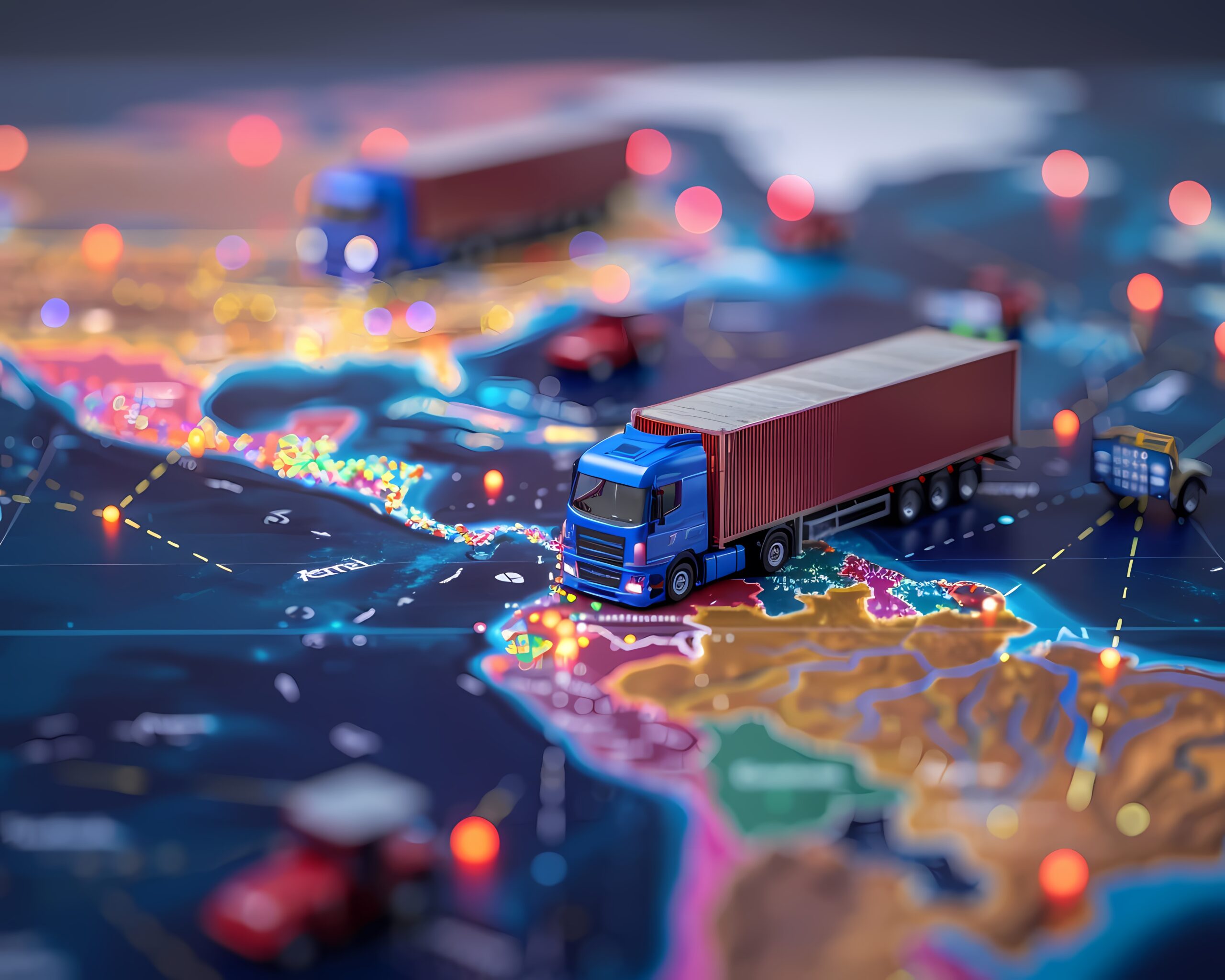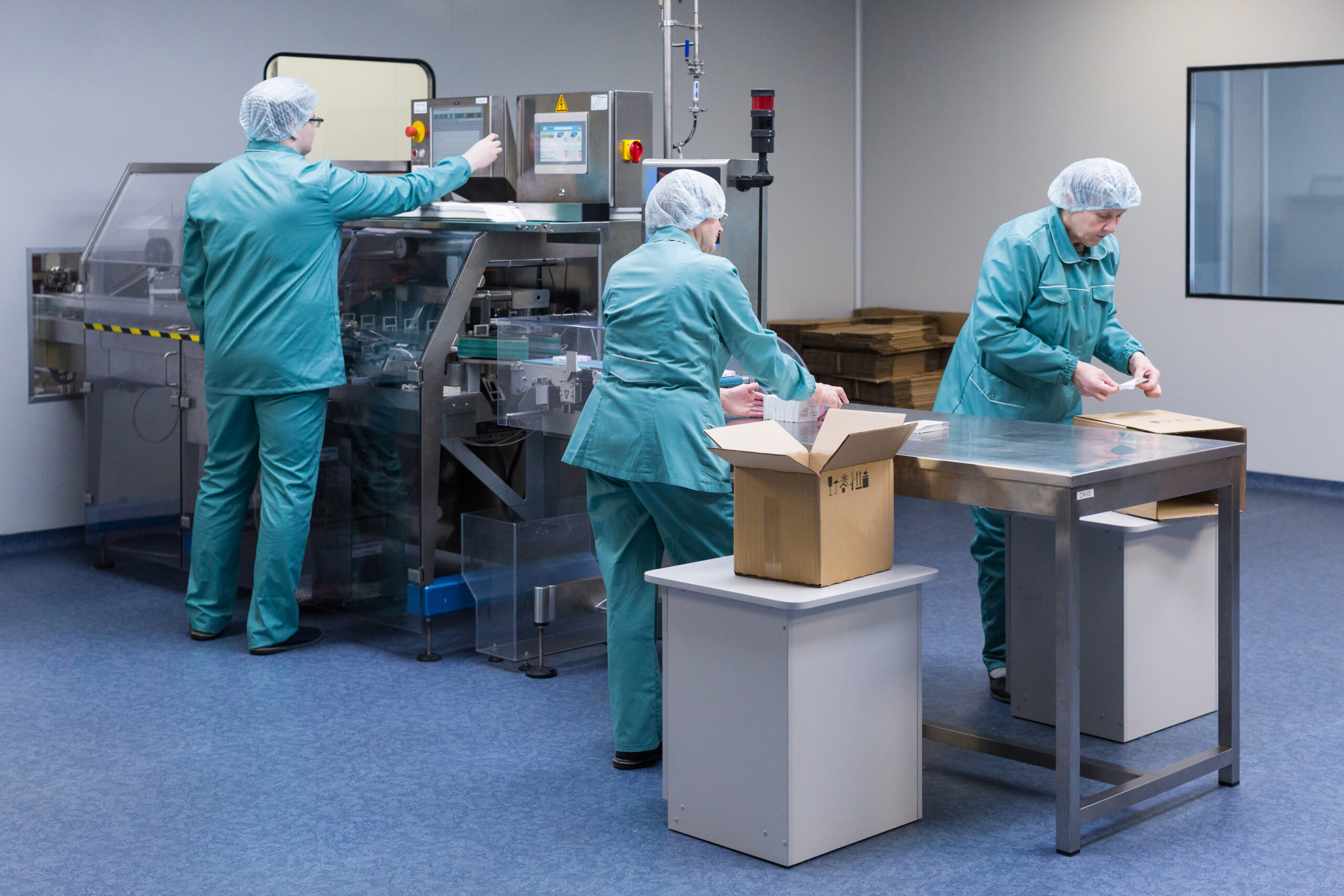Over the decades, global supply chains have followed traditional systems, where resources are procured, transformed into outputs, and delivered to end consumers–as linear and straightforward as that. However, technology has rapidly advanced in the past twenty years, making real-world supply chain cases very complex and disruptive to linear systems.
For instance, the COVID-19 pandemic has proved that supply chain digitization is crucial for every company’s resilience. What makes it more complex is that, despite companies opening up to digitization, a McKinsey study found that 70% of digital transformations fail to meet their goals and expectations due to mismanagement and a lack of systemized operations.
Supply chain leaders constantly seek more efficient ways to manage their operations. Utilizing a supply chain control tower has become an invaluable solution in the sector, providing several benefits to the industry. In fact, it is expected to have a compound annual growth rate of 21.3% from 2023 to 2030.
What is a Supply Chain Control Tower?
A supply chain control tower is a cloud-based solution using cutting-edge technologies to manage supply chains proactively. These technologies include artificial intelligence (AI), machine learning, and the Internet of Things (IoT).
Supply chain control towers provide end-to-end, real-time insight across an organization’s complete network, including data on suppliers, manufacturers, and business partners. They let organizations plan for unforeseen circumstances and manage indirect resources. They even lower the effect of disruptions and risks before they become significant problems. This visibility and immediate access to information are crucial for supply chain agility and resilience.
Quickly reacting is vital in a world where historical data is no longer enough to anticipate current and future demand reliably. When dealing with a wide range of disruptions, such as extreme weather and trade conflicts, it is essential to have solutions within reach to keep up with customer demands and stand above your competition.
How a Supply Chain Control Tower Works
Modern supply chains are more intricate than ever, so supply chain professionals need help to address challenges. These challenges include managing globally dispersed suppliers, increasingly complex products with numerous components, new sales and distribution models, and the disruptive effects of daily difficulties and significant economic, political, and natural disasters.
A robust set of supply chain control tower capabilities utilized in all areas of supply chain planning and execution must be implemented using specialized software, as the goal is to navigate your complex supply chain with ease. These software programs are made to provide supply chain professionals with a comprehensive understanding of operational data.
These custom control tower options come in various forms. Cloud-based solutions contain one or more dashboards that offer insights into the supply chain’s critical indicators. They are incorporated into a larger end-to-end management and an orchestration software platform with comprehensive command and control.
Some control tower software manages only specific supply chain functions, such as supply, warehouse, inventory, or transportation. It does not offer data and insights into any other part of the supply chain. On the contrary, cloud-based solutions provide comprehensive management and insights across the supply chain.
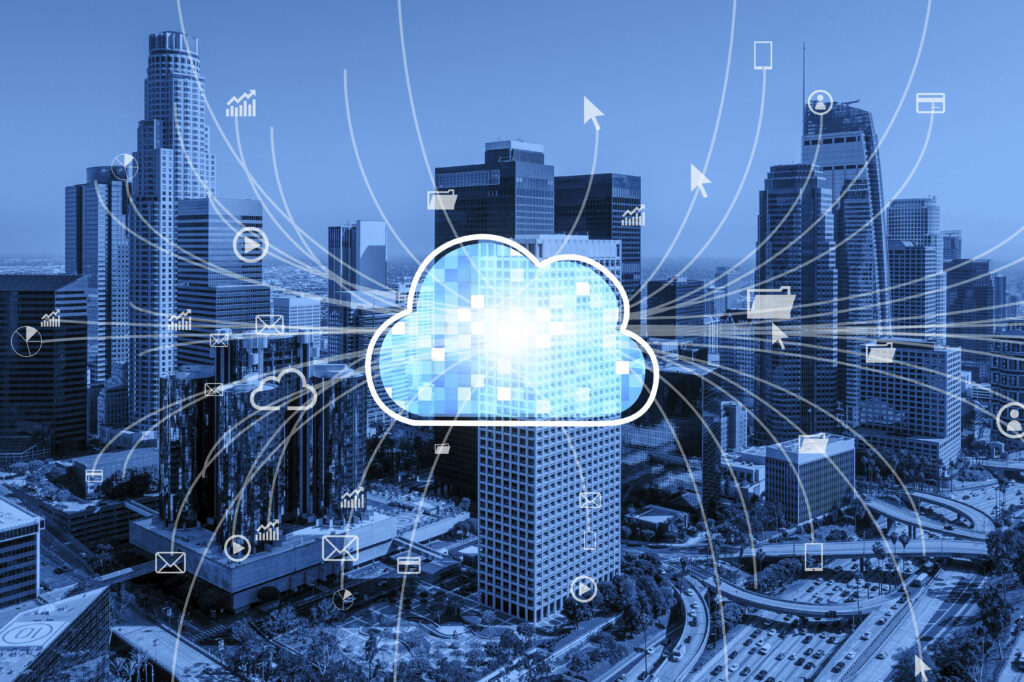
The Key Features of a Supply Chain Control Tower:
A supply chain control tower offers a comprehensive suite of features that enhance visibility, predictability, and efficiency in supply chain management. Let’s take a closer look at its key capabilities:
Real-time Visibility
One of the main features of a supply chain control tower is its ability to provide real-time visibility into the supply chain. This includes tracking the status of orders, inventory levels, transportation updates, and potential disruptions. With access to real-time data, businesses can make informed decisions quickly and proactively address issues before they escalate.
Predictive Analytics
Supply chain control towers can use AI and machine learning algorithms to predict potential disruptions and demand fluctuations. This predictive capability allows companies to anticipate issues and adjust their strategies accordingly, ensuring smoother supply chain operations.
Event Management
Control towers excel in event management by gathering and organizing data from suppliers and logistics providers. This information is used to gain insights into the actual status of orders, items in stock, and shipping. Teams can then confidently plan, monitor, and analyze supply networks.
Collaboration and Communication
A supply chain control tower drives better collaboration among all supply chain stakeholders. With shared access to the same data, stakeholders can communicate more effectively, ensure everyone is on the same page, and take coordinated actions.
Performance Management
Control towers offer tools for monitoring key performance indicators and measuring the efficiency of supply chain processes. By tracking KPIs such as delivery times, order accuracy, and inventory turnover, businesses can identify areas for improvement and drive better outcomes.
Integration with Existing Systems
Modern control towers can integrate seamlessly with existing enterprise resource planning (ERP) systems, warehouse management systems (WMS), transportation management systems (TMS), and other relevant software. This integration ensures a smooth flow of data across the supply chain.
Five Benefits of Implementing a Supply Chain Control Tower
Businesses that conduct extensive, intricate operations that span a worldwide network stand to benefit the most from using supply chain control tower technology. The ideal supply chain management and orchestration platform would include control tower capabilities and integrate the company’s end-to-end supply chain ecosystem.
1. End-to-end Supply Chain Visibility
Companies can reduce supply chain risks and costs through complete visibility of suppliers, manufacturers, transporters, warehouses, and third-party logistics (3PLs).
Using control towers to integrate data from siloed systems and external events will provide actionable insights and manage exceptions with customized cloud dashboards.
Control towers supported by AI and machine intelligence ensure visibility from start to finish—from raw material availability and supplier orders to customer delivery.
2. Accurate Forecasting and Decision-Making
A cloud-based supply chain control tower provides accurate, real-time inventory data for better decision-making and risk management. By leveraging advanced analytics and machine learning algorithms, control towers can process vast amounts of data to predict demand fluctuations, potential disruptions, and inventory needs with high precision.
With accurate forecasting, companies can better align production schedules, manage inventory levels, and allocate resources effectively, ensuring they are well-prepared to meet customer demands and market changes.
Furthermore, accurate forecasting allows businesses to identify and respond to emerging issues before they escalate quickly. Control towers empower decision-makers to implement proactive strategies and contingency plans by providing actionable insights.
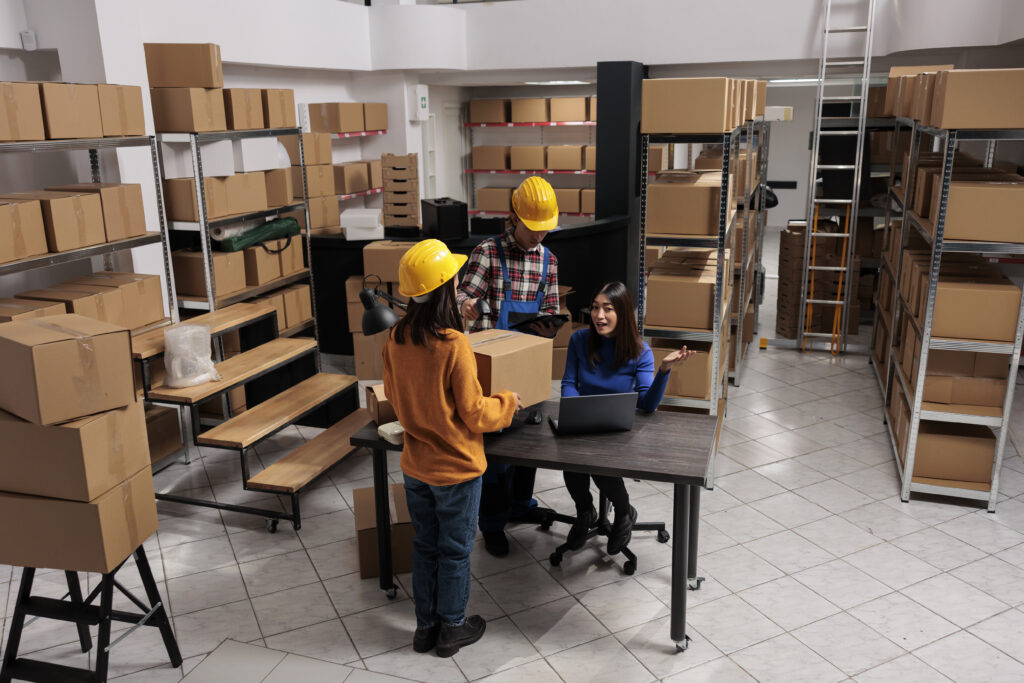
3. Improved Collaboration
AI-powered app integrations enhance collaboration and issue management across the supply chain. This enables quick responses to unforeseen events and fine-tunes execution to drive KPI success. All stakeholders have equal access, facilitating clear actions at all supply chain levels.
Control towers focus on event management by collecting and organizing status data from suppliers and logistics providers. This allows teams to gain insights into order status, stock levels, and shipping, enabling confident planning, monitoring, and analysis of supply networks.
Unlike freight management, which focuses on distribution and transportation tasks such as freight forwarding, tracking, and arranging pickups and deliveries, control towers manage these tasks and more on a single platform.
4. Ideal Inventory Levels
A supply chain control tower offers insight into inventory across the whole network to ensure businesses have what they need, where, and when. They boost sales and profits while decreasing stock-outs, material shortages, and inventory holdings.
Planning and re-planning are labor-intensive responsibilities that take much time and effort to maintain a supply chain’s functionality. Automation can free up the vital time of supply chain planners. Managers can apply the information from supply chain data inputs to sound decision-making and streamline repetitive tasks. Cognitive automation in control tower software will record all your decisions and actions, improving system-generated operations and outputs.
5. Cost Savings
Combining all the key features and benefits of a supply chain control tower reduces business expenses and cost savings. All its features enable companies to identify inefficiencies, optimize resource allocation, and reduce unnecessary expenses. Its risk mitigation feature helps avoid delays, penalties, and expensive emergency measures. Overall, a supply chain control tower facilitates operational efficiency, which leads to improved financial performance.
Takeaway
Control towers can be handy to businesses with extensive worldwide supply chains, various levels of suppliers, and numerous demand channels. However, managers must know that not all “control towers” are genuinely controlled. An ideal network-based control tower uses all supply chain data and fuses it into a single, standard data model. Go for a complete supply chain control tower if you want to fully capitalize on the effectiveness and productivity advantages of AI and machine learning.
This will allow your control tower to communicate the significance of events to the various network participants. It will integrate with your current systems and external partners. With some solid IT work, you can ensure that everyone operates from a single, up-to-date source of truth.
Aratum helps consolidate your software ecosystem, powering your supply chain control tower. Our suite of supply chain solutions offers an unprecedented look into all your operations. Sustainability and resiliency start with more intelligent software. Book a demo of our technology and discover how we can help your business.
The featured photo of this article was sourced from jemastock on freepik.
